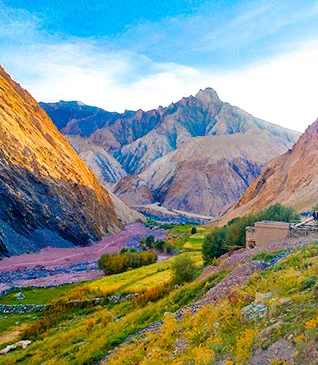Index
- Food & Hydration Tips For A Himalayan Trek!
- Food Habits That We Recommend Following On A Trek
- A Wholesome Breakfast Is A Must!
- Beat The Post-Lunch Lethargy!
- Dinner For Recovery!
- Alcohol Should Be Avoided Like A Plague!
- Don’t Trash The Trails With Your Food
- Stay Hydrated On The Trek
- Drink Before You Hit The Trail!
- Take Frequent Sips!
- Steer Clear Of Alcohol!
- Carry Enough Water
Marvellous views, great company, laughter, cheer, and good weather – the perfect ingredients for an ideal trekking adventure! What else makes your trek more enjoyable? Yes, it’s good food and a balanced fluid intake.
Nothing really brings people together as food does. For us, food is a sentiment, food is joy, food is a spur of energy and food is also a string of memories! Good food combined with adequate water intake is the key to taking you to the top of the mountain and making the whole journey enjoyable.
If trekking in the Himalayas is on your agenda this season then you definitely need to know the best food and hydration tips for an enjoyable Himalayan experience.
Let us start with food!
When you go high up in the mountains, you simply cannot take juice bottles, chips or energy bars. You have to make conscious choices like what will give you the most energy, what will keep you healthy and also food that does not create waste in the mountains.
However, food that is too bland is also difficult to eat. At TTH, our menu is an eclectic mix of energising nutrition and incredible taste and we follow the right food habits so that your body gets all the energy necessary to complete the trek.
Food Habits That We Recommend Following On A Trek
A Wholesome Breakfast Is A Must!
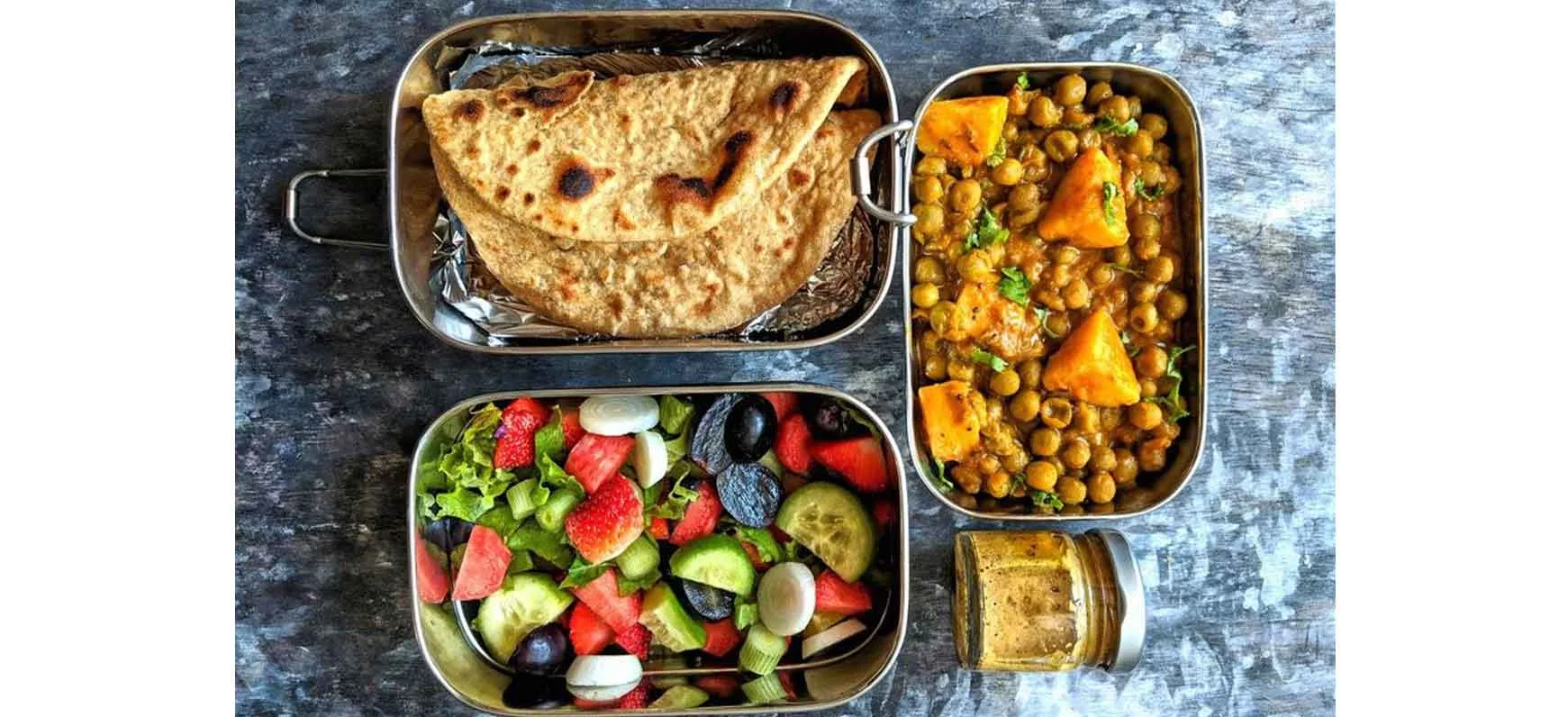
Trekking is an activity that uses a lot of energy, and an entire day of trekking greatly depletes your energy reserves. As such, carbohydrates at breakfast are the best way to regain energy so that you can go about the day with zeal.
The Outdoor Experts at TTH are of the opinion that a complex carbohydrate-rich breakfast is the key. Whole-grain pasta, oats and starchy vegetables are great examples of complex-carbohydrate-dense food.
The benefit of having complex carbs as the first meal is that they release energy very slowly and for longer durations and as such you will feel energised for longer durations.
Beat The Post-Lunch Lethargy!
Oftentimes we have seen that after lunch there is a sharp depletion in energy and you feel lethargic. This is because the food you have eaten hasn’t broken down yet and the energy reserves are depleting.
This is a great time to bring out your pack of dry fruit mix also popularly known as trail mix in the trekking community. The dry fruit mix is unfailing for an immediate energy fix, you can also keep a few granola bars with you. Make your own trail mix – Mix up almonds, raisins, pistachios, dates, and walnuts! Dry fruits can also help with increasing body heat and thus a great help on winter treks.
Check out our article on what food you can pack for your Himalayan Trek!
Dinner For Recovery!
Trekking on the Himalayan slopes is no cakewalk and the continuous ascending and descending fatigues the body.
We recommend dinner with a mix of protein and carbohydrates. While carbohydrates will re-energize you, protein will help recover muscle tension or fatigue and repair torn tissues.
Alcohol Should Be Avoided Like A Plague!
Drinking alcohol warms you up. Not on a Himalayan Trek! Drinking alcohol rushes the blood from your body from the core and vital organs towards the extremities. Thus your body loses heat and now you are prone to catch a cold, susceptible to hypothermia and AMS! Also, since alcohol is a diuretic, it can cause severe dehydration which can cause muscle cramps!
I am sure nobody wants this to happen to them on the trek.
Don’t Trash The Trails With Your Food
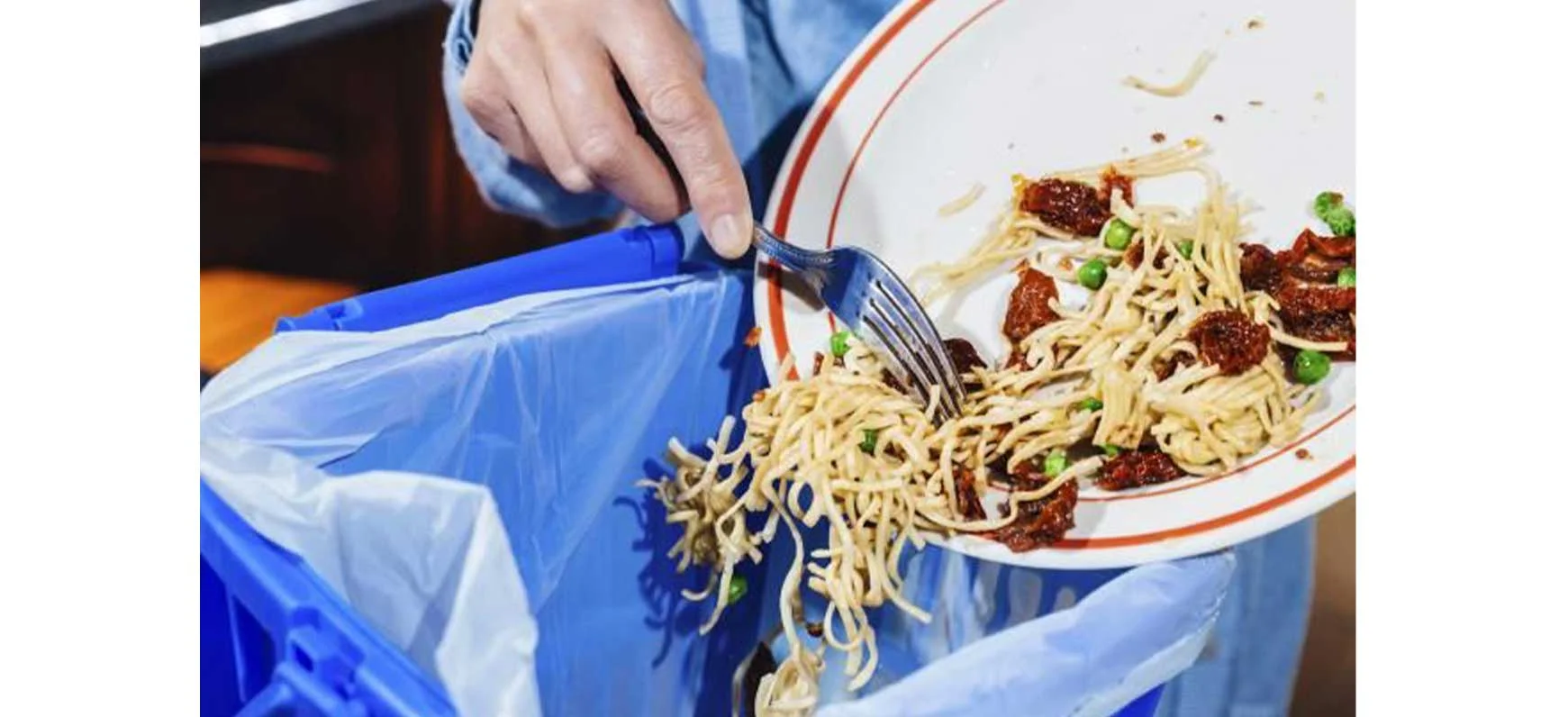
Do not throw any plastic wrappers on the trail. Always clean up after yourself and throw the trash at designated places and nowhere else.
Be a good samaritan and support our Green Trails Initiative. Take a small eco-friendly bag with you and bring back all your waste with you!
Safety Tip: Remember always to wash your hands before you touch your food!
That’s all about food for now. Follow these tips and have an energetic trekking experience!
Now, what about water?
You may dream of having those Man Vs Wild Moments like charismatic Mr Grylls! But if you remember his lessons well, you would remember how much he stressed the importance of drinking water.
With 70% of our body made of water, it comes as no surprise that a lack of water can spoil your trekking experience!
Staying hydrated on a trek is not difficult if you know how to be smart about it!
Do you want to know how to stay hydrated throughout your entire trek? Well, here’s how!
Stay Hydrated On The Trek
Drink Before You Hit The Trail!
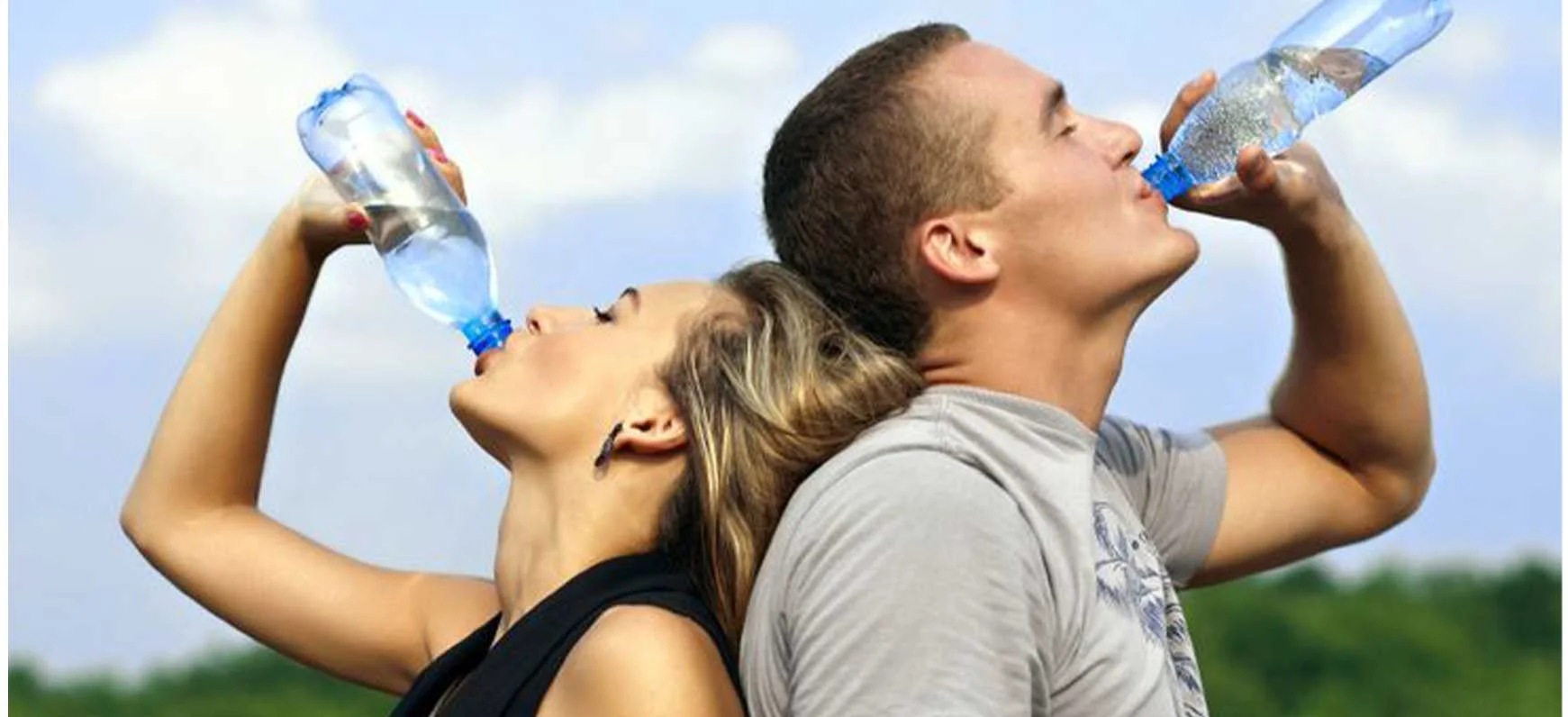
Start your trek by drinking water at least two cups of water, although do not drink too much so that your stomach starts hurting when you walk!
So, there is a big advantage to drinking at the beginning of your trek. Your body begins to feel thirsty only when there is a low level of water and the key is to not let the water level drop at all. By hydrating pre-hike, you are increasing the water levels in your body giving you long-term hydration instead of waiting for your body to indicate that it is low on fluids.
Take Frequent Sips!
On average, the human body can absorb 650 to 900 ml of water in an hour so you can take little sips of water from time to time.
Frequent sips can keep your body hydrated throughout the day. Remember prevention is the best way to deal with dehydration and as such be mindful of it! Also, taking small sips frequently prevents you from drinking too much water in one go. You can take sips of electrolytes every 20 mins to balance the electrolytes lost through sweating.
Steer Clear Of Alcohol!
I have already mentioned it once. I will mention it again. Drinking alcohol on a trek is the worst idea ever! Alcohol significantly contributes to dehydration making you prone to altitude sicknesses and as such, it should be strictly avoided on a trek!
Carry Enough Water
Planning the right amount of water to carry for the day is an important skill. Always keep with you an extra water bottle that you can refill near the water points in a trek.
We recommend carrying 2 water bottles, each of 1-litre capacity. You can also involve fluids in the form of tea, soup, etc.
These tips from our experts can be pretty handy and save you from becoming a victim of dehydration.
“Let food be thy medicine and medicine be thy food.” – Hippocrates
As the quotes says, food is the best medicine. Food and hydration can either destroy or heal your body depending on the choices you make, and I hope you have got the right practices informed here. Proper food & hydration practices can help you conquer the mountains easily.
We hope you utilise these tips on your treks ahead!
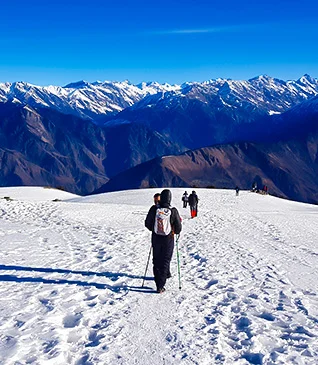
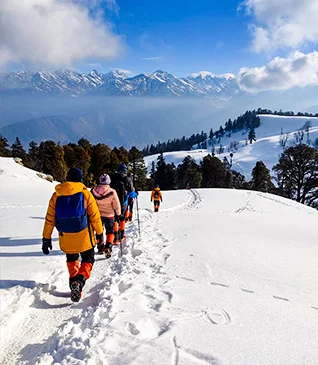
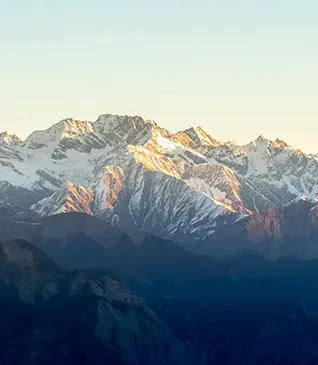
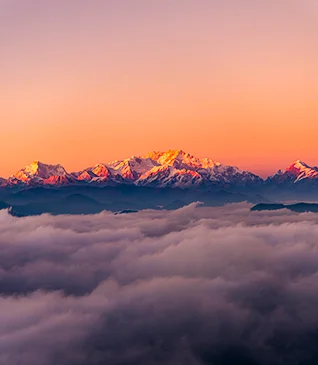
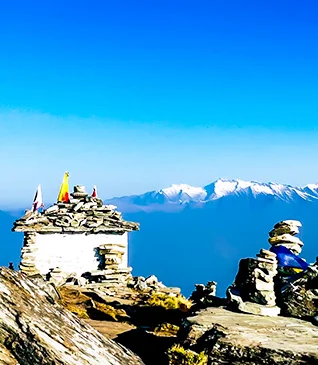
.webp)
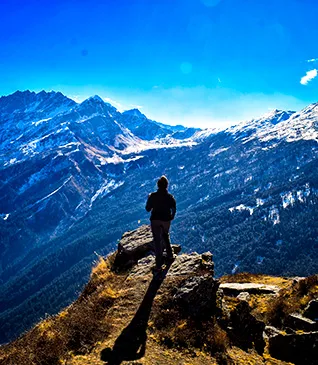
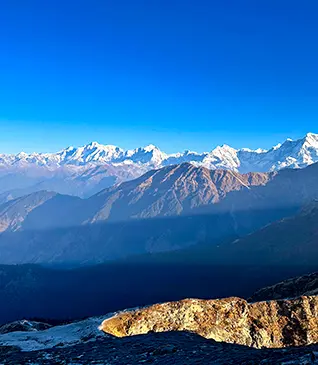
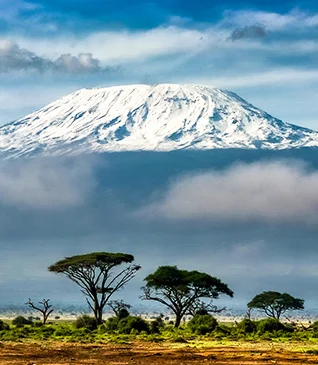
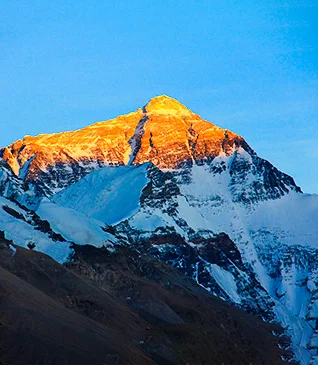
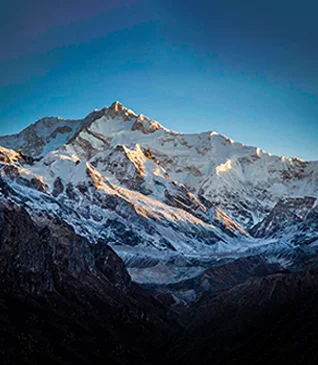
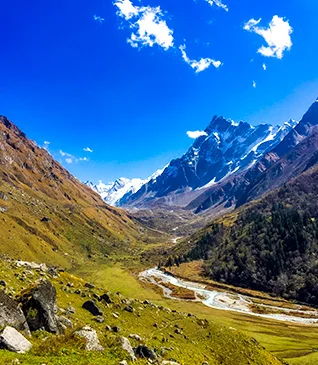
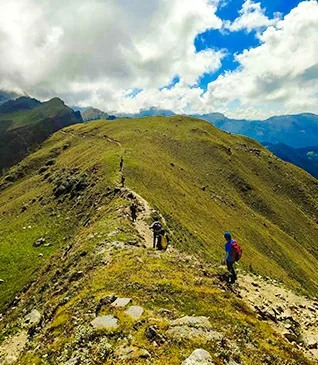
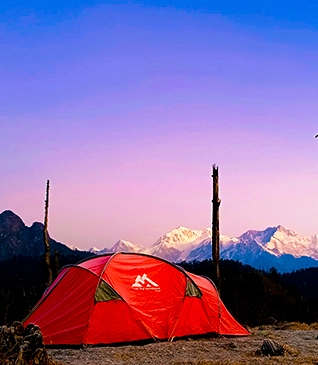
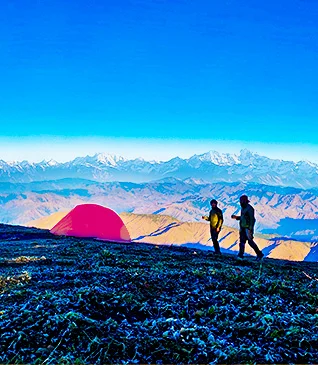
.webp)
.webp)
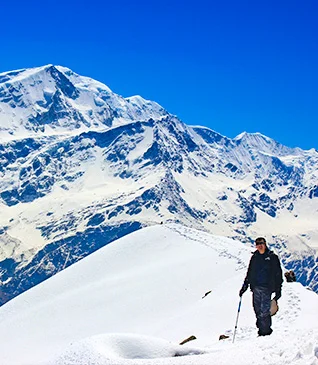
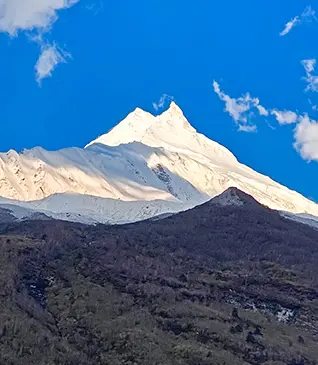
.webp)
.webp)
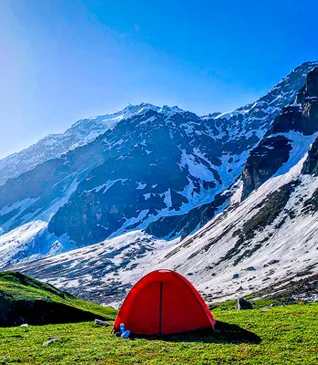
.webp)
